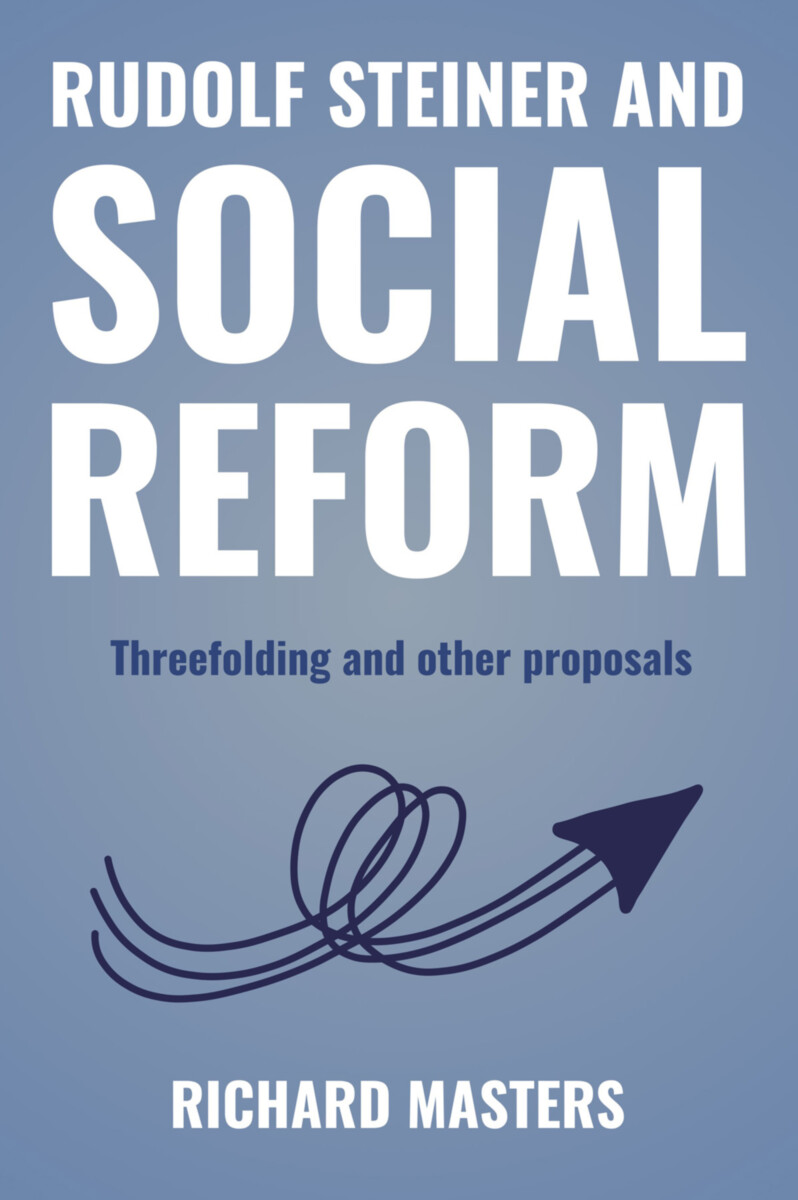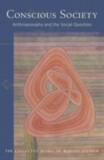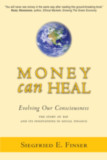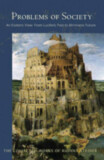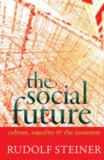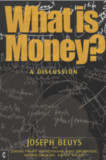Rudolf Steiner and Social Reform
Threefolding and Other Proposals
- Publisher
Rudolf Steiner Press - Published
13th September 2022 - ISBN 9781855845985
- Language English
- Pages 676 pp.
- Size 6" x 9"
How might we improve the way we organize society so that human beings can live in greater peace, dignity and justice? Against a background of chronic discontent and social conflict around the globe, Richard Masters presents a comprehensive survey of Rudolf Steiner’s work on social reform, sifting through and summarizing the content of dozens of books, lectures, and discussions.
Rudolf Steiner is not known today for his social thinking, but he wrote and spoke at length on such issues during and after World War I, engaging with audiences that ranged from royalty, politicians, and business owners to illiterate and dispossessed factory workers. Central to his ideas was his “threefold” approach to politics, economics, and culture. He insisted that their roles should be clarified and these three spheres should be allowed to thrive independently.
Drawing on the full range of source material (including much that is not yet available in English), the author reveals the continuing relevance of Steiner’s work for our contemporary world. With an emphasis on accessibility, he builds his subject methodically, researching the key ideas from various perspectives. Masters offers candid reflections on the degree to which Steiner’s proposals are still applicable to current policy and practice.
Authoritative, accessible, and jargon-free, Rudolf Steiner and Social Reform offers innovative and stimulating ideas for anyone concerned with the state of our world.
C O N T E N T S:
1. Preliminary Remarks
2. What’s the Problem?
3. Pre-threefold Comments
4. The Threefold Social Organism
5. The Three Realms—Defined
6. The Three Realms—Guiding Principles
7. The Three Realms—Operational Remarks
8. Overlap
9. Related Considerations
10. The Threefold Approach Summarized
11. Post-threefold Comments
12. Relevant to Now?
13. Further Implementation
14. Concluding Remarks
Richard Masters
Richard Masters studied accounting and finance (with computing) at the University of Kent, UK, and has spent more than thirty years working in institutions devoted to financing projects that are socially and environmentally constructive. He also spends a number of hours each week caring for adults with learning disabilities.


